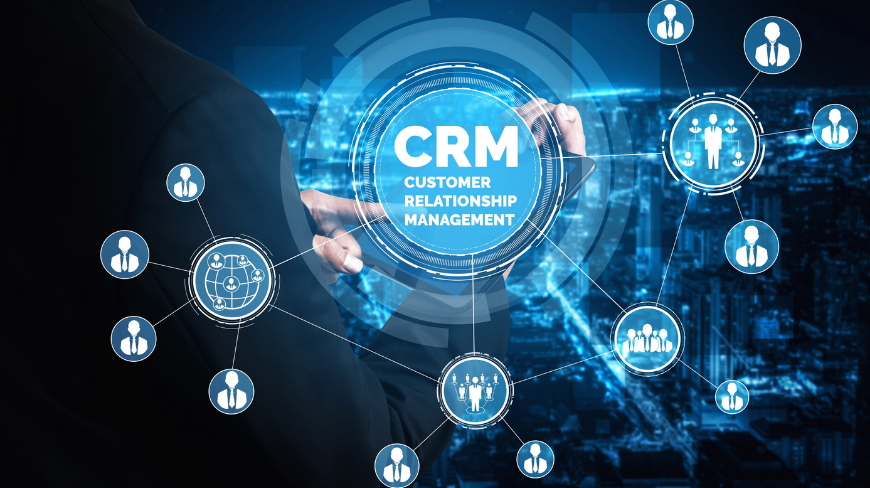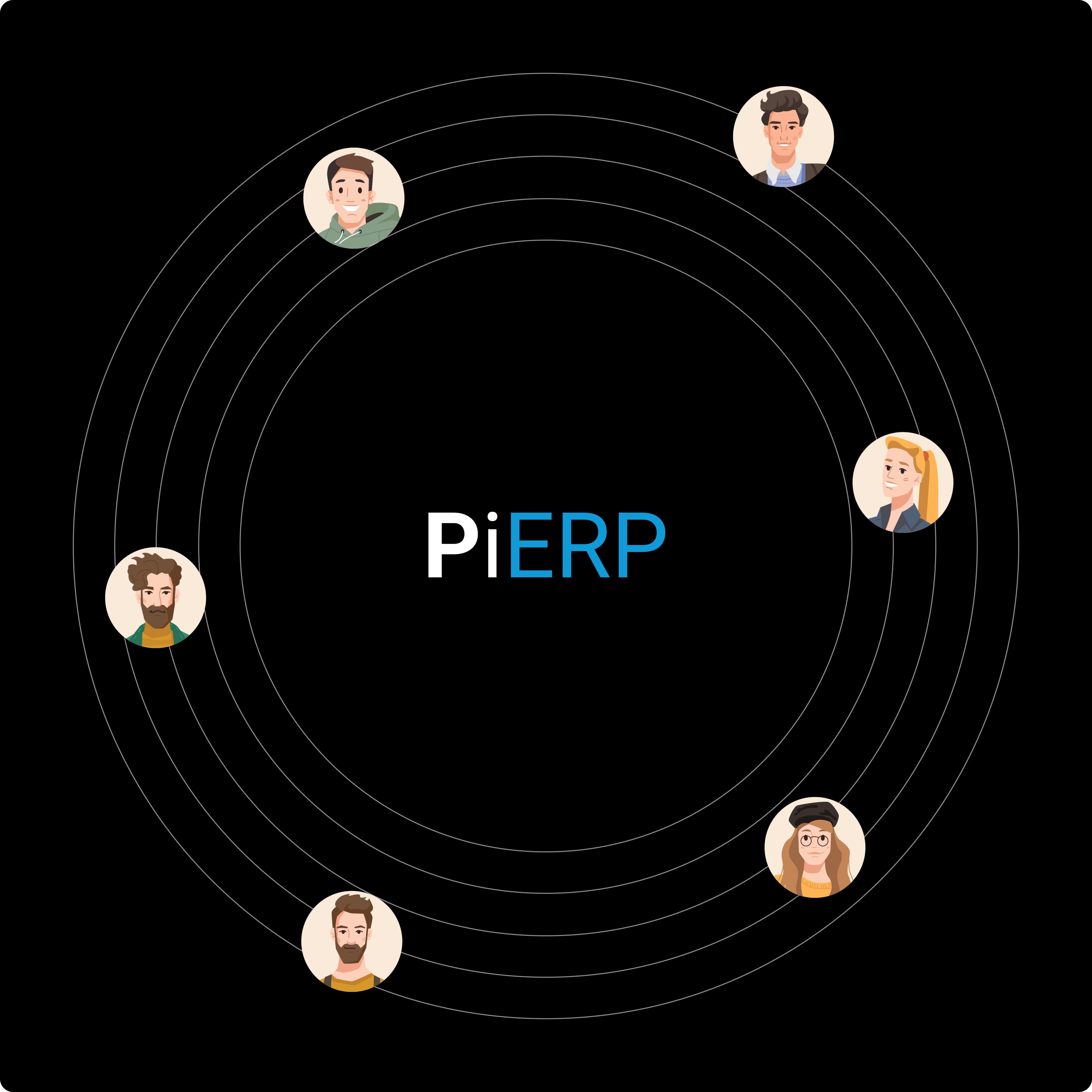In today’s dynamic business environment, having the right systems in place can make all the difference in performance and growth. Two of the most important tools modern businesses rely on are CRM (Customer Relationship Management) and ERP (Enterprise Resource Planning). While they serve different purposes, integrating the two can drive significant value. In this blog, we’ll help you understand how CRM and ERP differ, and why integration—especially through a platform like PiERP—is a game-changer.
What is CRM?
A CRM system focuses on managing a company’s interactions with current and potential customers. It helps sales, marketing, and customer service teams streamline communications, automate workflows, and build stronger relationships.
Common CRM Capabilities:
- Lead and contact management
- Sales tracking and reporting
- Marketing automation
- Customer support management
- Task and activity tracking
PiERP CRM is designed to give your team complete visibility into the customer journey, from first contact to post-sale support.
What is ERP?
An ERP system is a centralized platform that manages core business processes such as finance, inventory, human resources, procurement, and supply chain. It integrates all internal operations into a unified system for greater efficiency and accuracy.
Core ERP Functions:
- Financial accounting
- Inventory and order management
- Human resource management
- Procurement and vendor management
- Production and logistics
PiERP ERP, gives organizations the tools to optimize operations, reduce manual effort, and make data-driven decisions.
Key Differences Between CRM and ERP
At a high level, CRM is outward-facing, focusing on customers and revenue growth, while ERP is inward-facing, centered around business processes and operational efficiency.
CRM is primarily used by sales, marketing, and support teams to track customer interactions, boost engagement, and close deals. ERP, on the other hand, is used across departments—from finance and HR to inventory and procurement—to manage resources, workflows, and reporting.
Why Integrate CRM and ERP?
While CRM and ERP systems are powerful on their own, integrating them can significantly amplify their benefits. Here’s why integration matters:
1. Unified Data Across the Organization
When CRM and ERP are connected, all departments have access to the same up-to-date data. Sales can see inventory levels, finance can view sales forecasts, and support can access customer order history—all in one system.
2. Enhanced Customer Experience
Integrated systems allow customer-facing teams to quickly access order statuses, billing information, and inventory, enabling faster and more accurate responses.
3. Faster Decision Making
With all data flowing into a centralized dashboard, managers can generate insights and reports more easily—improving strategy and responsiveness.
4. Operational Efficiency
Eliminating data silos reduces redundant entries and minimizes human error, allowing your team to focus more on strategy and service than on admin tasks.
5. Cost and Time Savings
Automation of key workflows and processes through integrated systems reduces manual labor, saving both time and money.
Why Choose PiERP?
PIERP offers a fully integrated ERP and CRM solution—built to work seamlessly from day one. Instead of using separate systems that require custom integrations, PIERP provides a unified platform designed to scale with your business.
Highlights of PiERP:
- Real-time dashboards
- End-to-end business visibility
- Cloud-based architecture
- Industry-specific modules
- Scalable for growing teams
Whether you're a small enterprise or a large organization, PiERP’s solutions offer the flexibility and power to manage your customers and operations efficiently—all in one place.
Conclusion:
Understanding the difference between CRM and ERP is crucial for choosing the right technology for your business. While CRM strengthens your customer relationships, ERP optimizes your internal processes. Together, they form the foundation of a smart, connected business.
With PiERP, you don’t have to choose between CRM and ERP—you get both, fully integrated, and tailored to your needs. Ready to get started? Contact us today and explore how our platform can transform your business.






